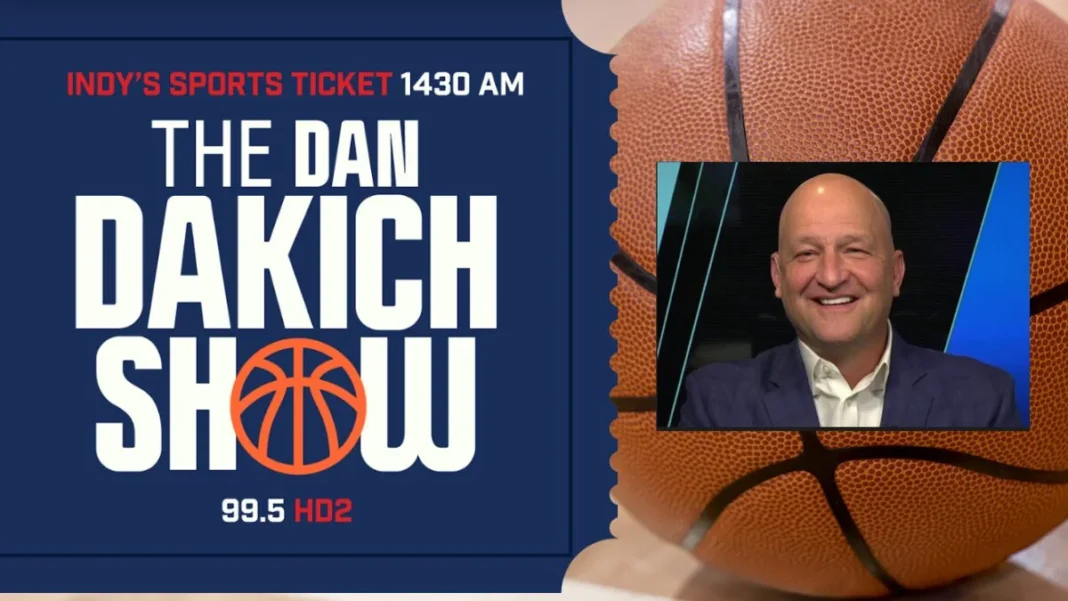Warner Bros. Discovery has submitted paperwork to match a media rights package to broadcast National Basketball Association games, the company announced on Monday. The company was not part of the media rights deal with The Walt Disney Company (ABC/ESPN), NBCUniversal and Amazon’s Prime Video reportedly worth $75.9 billion over 11 years to present NBA game broadcasts. Since receiving the terms of the deal last week, the company had been reviewing the offers and came to the decision to match one of them.
“We’re proud of how we have delivered for basketball fans by providing best-in-class coverage throughout our four-decade partnership with the NBA,” TNT Sports said in a statement. “In an effort to continue our long-standing partnership, during both exclusive and non-exclusive negotiation periods, we acted in good faith to present strong bids that were fair to both parties. Regrettably, the league notified us of its intention to accept other offers for the games in our current rights package, leaving us to proceed under the matching rights provision, which is an integral part of our current agreement and the rights we have paid for under it.”
The breadth of the matching rights provision remains relatively ambiguous, with reports of the NBA preparing lawyers for several months if such a scenario were to arise. The NBA is expected to decline the matching rights provision exercised by Warner Bros. Discovery, according to sources cited in a report from Andrew Marchand of The Athletic. Warner Bros. Discovery currently owns entities that have been broadcasting NBA games since 1984. The NBA on TNT property first took the air in 1989 and is the home of the heralded studio show, Inside the NBA.
“We have reviewed the offers and matched one of them,” TNT Sports said in a statement. “This will allow fans to keep enjoying our unparalleled coverage, including the best live game productions in the industry and our iconic studio shows and talent, while building on our proven 40-year commitment for many more years. Our matching paperwork was submitted to the league today. We look forward to the NBA executing our new contract.”
Tom Friend of Sports Business Journal reported that Warner Bros. Discovery has decided to match Amazon’s 11-year, $1.8 billion annual offer. That agreement reportedly includes six conference finals, NBA playoff games, including the Play-In Tournament, and a regular-season slate of games that consists of the In-Season Tournament and Thursday night broadcasts. TNT Sports will continue broadcasting NBA games through the conclusion of next season under the terms of its existing media rights contract.
Bill Simmons of The Ringer divulged that Amazon’s bid involves paying the league $5.85 billion that would be placed in escrow and paid right away. Sources cited in the report, however, stated that Warner Bros. Discovery is covered by the letter of credit and “good for it,” which could lead to a potential lawsuit or settlement. A potential outcome could also be a fourth media rights package that allows the company to continue broadcasting NBA games. The new NBA media rights contracts will not have matching rights provisions, according to a report last week from Mike Vorkunov and Andrew Marchand of The Athletic.
“We’ve received WBD’s proposal and are in the process of reviewing it,” an NBA spokesperson told Barrett Media.
Luis Silberwasser, the chief executive officer of TNT Sports, said at the Warner Bros. Discovery Upfront event earlier in the year that the company looked forward to “reaching an agreement that makes sense for all the parties.” In recent months, the company has acquired broadcast rights for several sports entities, including the French Open, Big East Conference and Mountain West Conference, along with sublicensing select College Football Playoff games from ESPN. The company currently carries a $39 billion debt load and is said to have lost two-thirds of its value since the merger of Warner Bros. and Discovery in April 2022. Data from Nielsen Media Research conveys that both TNT and TBS reach 66 million homes amid a diminishing pay-TV penetration rate.








